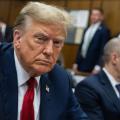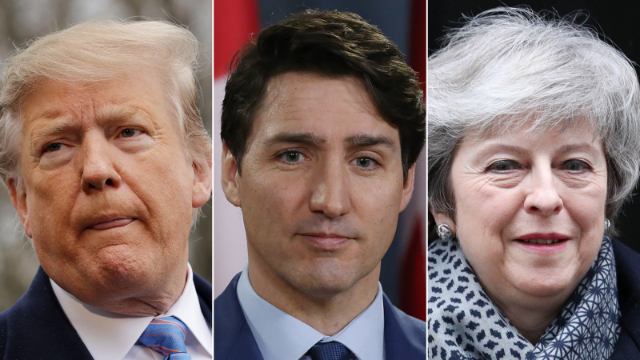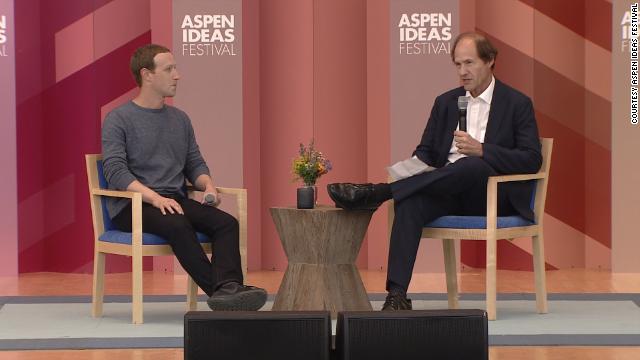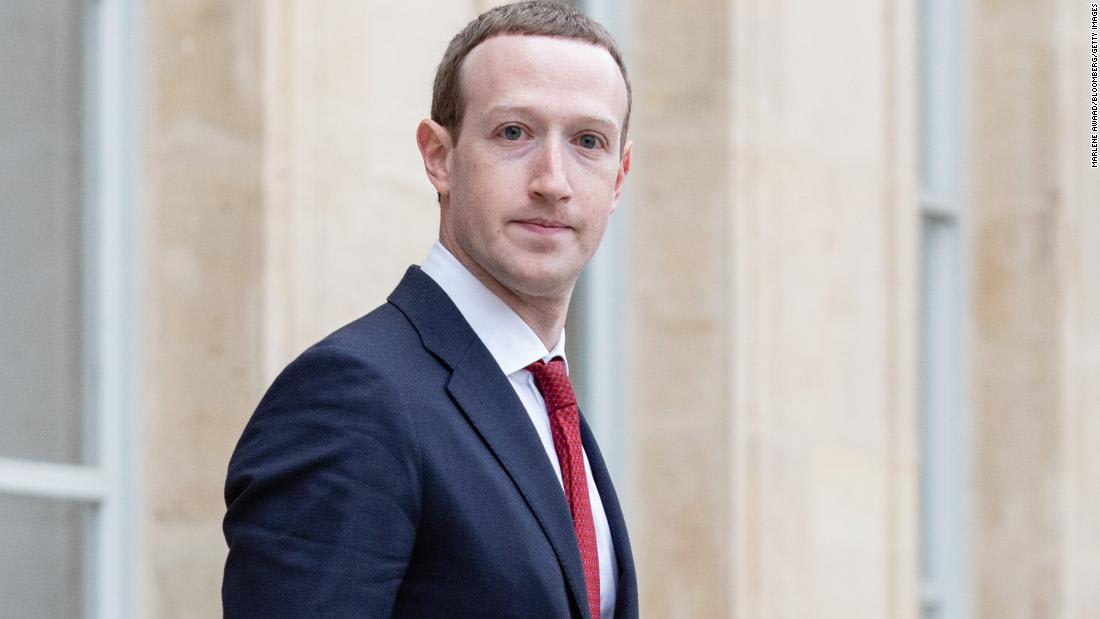I can kind of get why, politically, saying you want to break up the companies feels nice.”
Many people have made the argument for breaking up Facebook, including Facebook co-founder Chris Hughes and Democratic presidential candidate Senator Elizabeth Warren. Shockingly, Facebook CEO Mark Zuckerberg does not agree. He claims it would be harder to address social issues such as election integrity and the spread of harmful content.
“Breaking up these companies wouldn’t make any of those problems better. … We have an ability now, because we are a successful company and are large, to go build these systems that are unprecedented … more sophisticated than a lot of governments have,” Zuckerberg said at the Aspen Ideas Festival.
Being smaller doesn’t make the issues any different, he said, pointing to services with far fewer users such as Reddit and Twitter. He says the answer is making sure there is more regulation and that companies all follow the same rules.
“It’s not the case that if you broke up Facebook into a bunch of pieces you suddenly wouldn’t have those issues. You would have those issues, you would just be much less equipped to deal with them.”
It's an argument other Facebook executives have been presenting as they make the media rounds.
He also went on to say there's no evidence that the companies Facebook has bought — Instagram and WhatsApp, specifically — would have been more innovative on their own: "Some mergers can be bad for innovation. These weren’t."





